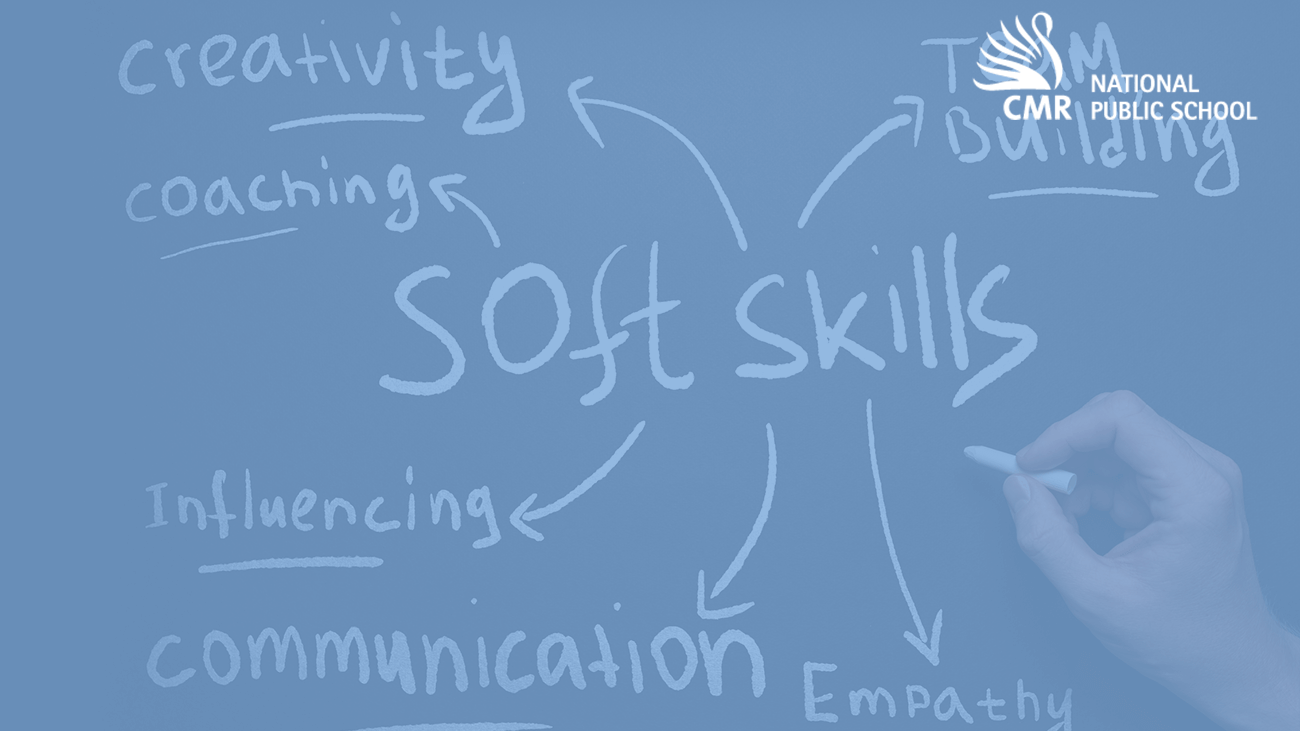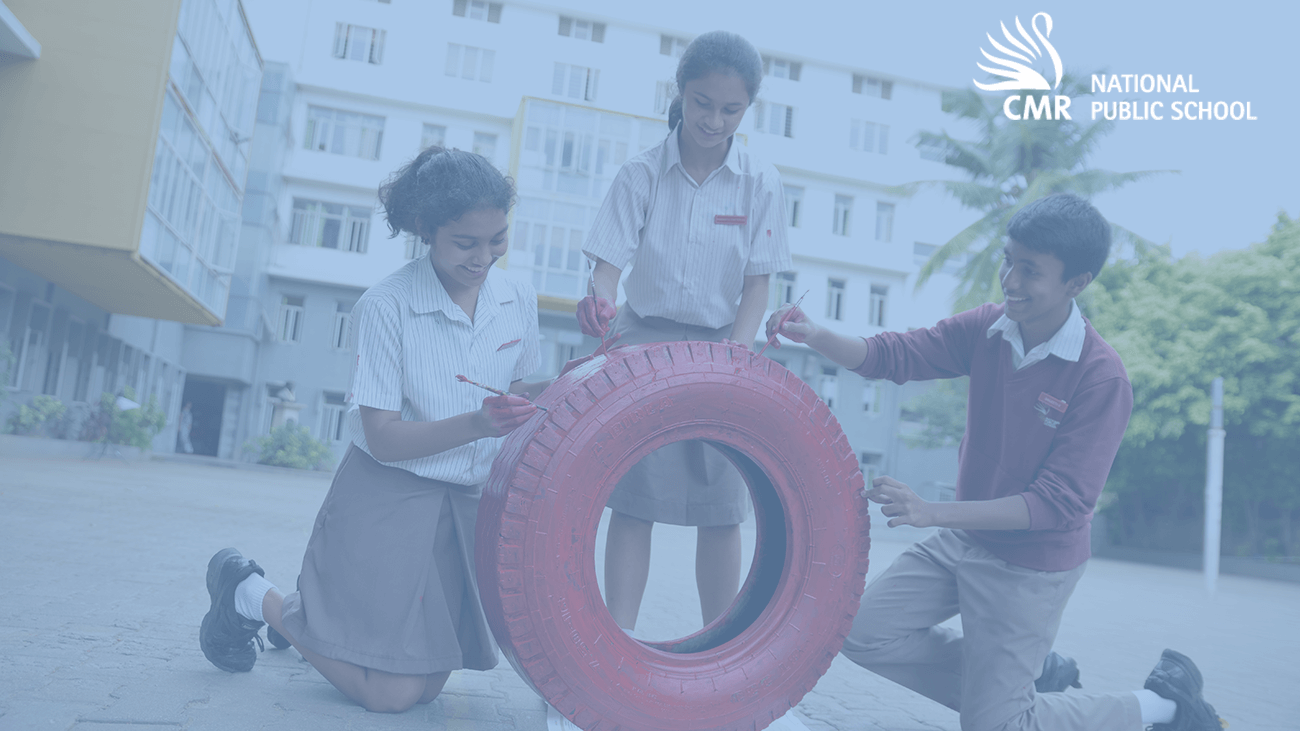“If they don’t like you for being yourself, be yourself even more.”
― Taylor Swift
Schools often have an important role in shaping, developing and impacting a child’s growth.
However, “Bullying” at school is also really common.
A recent study that has been done states, “Bullying affects over 1 million young people a year.”
This DOES NOT ever make it okay, though or mean that it should be tolerated.
It is not to be accepted because you are a child, and at school, that bullying is something you just have to suck up and get on with.
Creating a safe place and supportive spaces for students to learn and grow is of utmost importance.
What is bullying?
According to the NSPCC:
Bullying is behaviour that hurts someone else. It includes name calling, hitting, pushing, spreading rumours, threatening or undermining someone. It can happen anywhere – at school, at home or online. It’s usually repeated over a long period of time and can hurt both physically and emotionally.
Bullying can be physical and psychological, but most often psychological.
How to Identify Bullying?
Types of Bullying –
- Direct and Indirect Bullying – Direct bullying is different from indirect bullying, as direct bullying involves direct contact with the one being bullied. Indirect may not.
- Cyberbullying – Getting bullied online is often known as cyberbullying.
- Physical Bullying – Physical bullying always involves physical contact with the other person.
- Emotional Bullying – Emotional bullying involves using ways to cause emotional hurt to another person. This can include saying or writing hurtful things, causing others to gang up on an individual, and purposely ignoring or spreading rumours.
- Sexual Bullying – Sexual bullying refers to any sort of bullying, done in any manner, that is related to a person’s gender or sexuality
- Verbal Bullying – Verbal bullying means using any form of language to cause the other person distress.
How to describe bullying?
- Bullying can happen to anyone anywhere at any time.
- It is NEVER your fault
- Bullying does not always go away if you ignore it.
- You should get help straight away if you feel intimidated. You don’t need to wait and see if the behaviour is repeated for it to be considered unacceptable.
What can they do to stop bullying?
You stop bullying by getting people in a position of power to help you.
- Think of people you really trust who you know will support you – this could be your parents/older sibling/ a teacher at school/ a sports coach, etc. And tell them what is happening
- You do NOT need to handle this by yourself.
- If the first adult you talk to does not help you, then go to someone else until you are helped.
To conclude, having a supportive group of friends can help prevent bullying and provide a great support network. If you have a good group of friends already, then do tell them what’s going on and ask for their support.
If you don’t have a strong friendship group this is a good thing to work on.
To have a good friend, you need to be one. So, be a good listener, cheer people on and suggest meeting up… Making new friends is not always the easy bit, but it’s always worth it.





